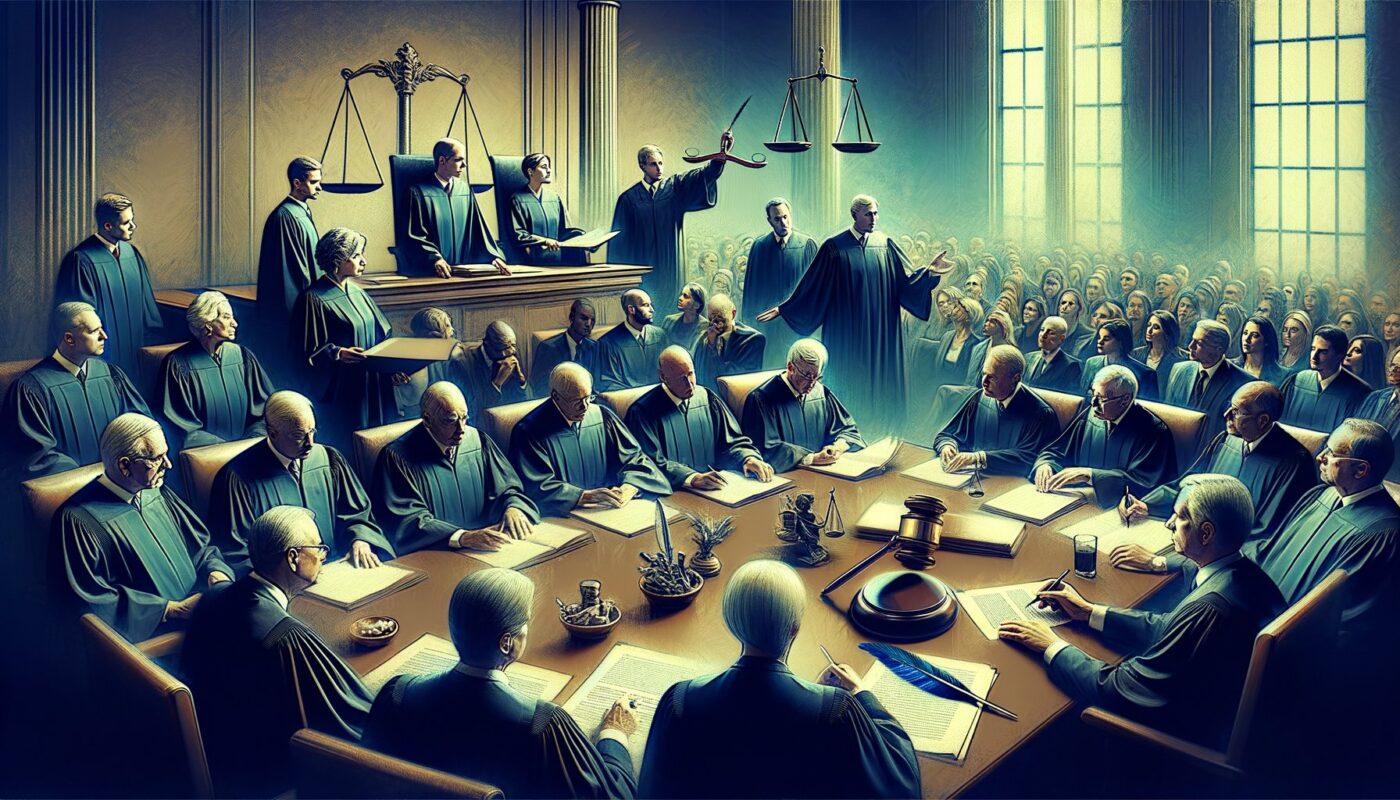The Supreme Court is set to hear a significant case regarding a Texas anti-pornography law that has ignited a fierce debate over free speech rights and the regulation of online content. This contentious law aims to protect children and teenagers from exposure to pornography but has faced criticism for its potential intrusion on adults’ rights.
Understanding the Texas Anti-Pornography Law
The Texas law, similar to legislation in over a dozen other states, is designed to prevent young children and teens from accessing pornographic material. Texas officials argue that the measure is crucial to shielding minors from the highly explicit content readily available on smartphones. They assert that “Texas seeks to protect kids from some of the most prurient sexual content imaginable.”
However, implementation has not been without issues. Websites like Pornhub have ceased operations in several states with similar legislation, citing technical and privacy concerns. Adult users must submit personal identifying information, raising fears of hacking and tracking.
Challenges from Free Speech Advocates
The Free Speech Coalition, representing the adult entertainment industry, argues that the Texas law is excessively broad. The law could inadvertently target educational materials or films that include simulated sex scenes.
Moreover, critics point out that the focus on porn sites, rather than search engines, leaves a significant loophole. Vera Eidelman from the ACLU’s Speech, Privacy, and Technology Project emphasized the broader implications: “This really is about how the government can regulate any speech that it doesn’t like.”
Historical Context of Supreme Court Involvement
This is not the Supreme Court’s first encounter with such issues. In previous rulings, the court has maintained certain restrictions on access to explicit materials online. In 1996 and 2004, the Supreme Court addressed similar laws but ruled against overly restrictive federal measures, supporting less invasive approaches like content filtering.
Technological Progress and Legal Arguments
Texas defends its law by highlighting technological advancements. The state argues that modern platforms can easily verify users’ ages, akin to traditional ID checks upheld in the past. Despite these claims, opponents contend that privacy and potential overreach remain significant concerns.
The 5th Circuit Court of Appeals upheld the law’s age verification requirement, and the Supreme Court has yet to intervene. As the legal battle unfolds, the law imposes fines ranging from $10,000 to $250,000 for violations.
Implications for Other States
States like Tennessee, Arkansas, and Indiana have enacted similar laws, sharing Texas’s aim to protect minors. The dispute’s outcome could influence these states’ legal landscapes and inform future legislation nationwide.
As the Supreme Court deliberates on this high-stakes case, the decision will reverberate beyond Texas, impacting how online content is regulated in a rapidly evolving digital world. For more insights, read our article on the implications of this legislative approach: Supreme Court Faces High-Stakes Decision on Texas Pornography Law and First Amendment Implications.
As this key legal battle progresses, the intersection between child protection, adult privacy, and free speech rights will remain at the forefront, shaping the digital future of society.
Warning : This information is indicative and without guarantee of accuracy. Consult a professional before making any decision.





